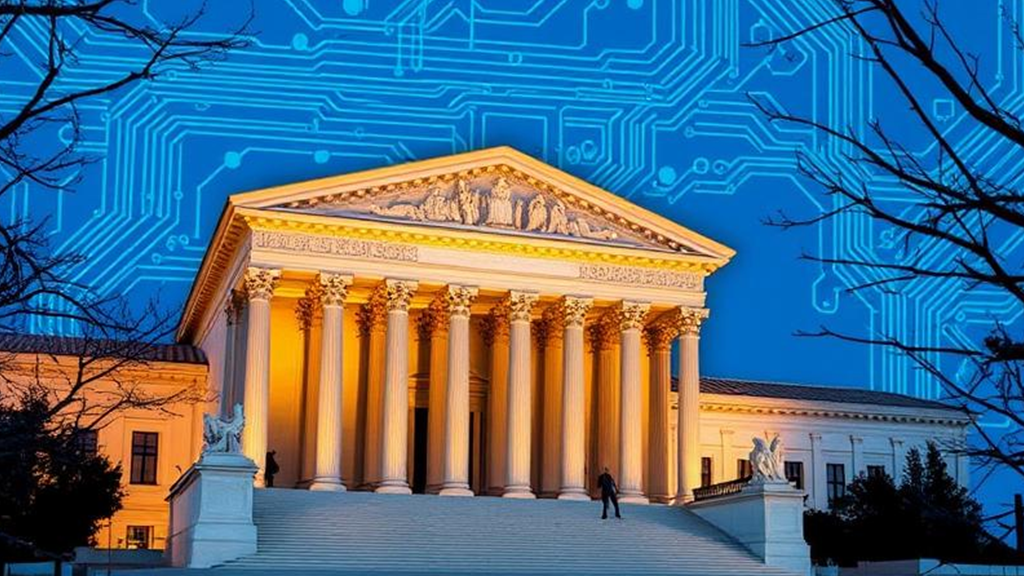

The U.S. Supreme Court has heard arguments in a high-stakes case that could define how American law treats AI systems that collect and process personal data. The case, Doe v. United States, centers on whether AI-generated profiles and predictive analytics used by government agencies violate constitutional protections under the Fourth Amendment and existing federal privacy laws.
The petitioner, identified as Jane Doe, is challenging the government’s use of an AI surveillance system that aggregates publicly available data, online behavior, geolocation records, and biometric indicators to create a behavioral risk profile. This profile was later used to justify enhanced scrutiny during airport security screening and other federal interactions.
The legal team representing Doe argues that such data aggregation by machine learning algorithms constitutes an unreasonable search, even if the information was obtained from public sources or third-party data brokers. The core of the argument rests on the assertion that AI systems’ ability to infer sensitive personal details—including political views, health conditions, or religious beliefs—creates a privacy violation that exceeds traditional surveillance boundaries.
The government contends that the data was legally obtained and that the AI system’s processing does not constitute a “search” in the legal sense. Federal attorneys argue that the system is comparable to existing law enforcement tools and relies on data individuals have already consented to share—directly or indirectly.
Several justices appeared divided during oral arguments. Some raised concerns about how traditional Fourth Amendment standards apply to non-human decision-making processes, while others questioned whether Congress, not the Court, should define the boundaries of AI privacy regulation.
The outcome of this case could determine how agencies deploy algorithmic systems across domains like law enforcement, immigration, and public health. A ruling favoring the plaintiff may require greater transparency, data minimization, and individual consent mechanisms for government-affiliated AI programs.
A decision is expected by summer. If the Court sides with Doe, federal agencies may face new constitutional limits on their use of AI surveillance and profiling—forcing a reevaluation of how predictive analytics is deployed in public-sector governance.








© THE CEO PUBLICATION 2021 | All rights reserved. Terms and condition | Privacy and Policy